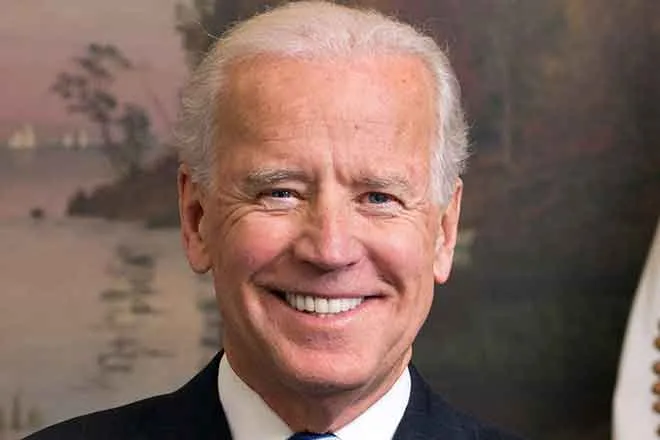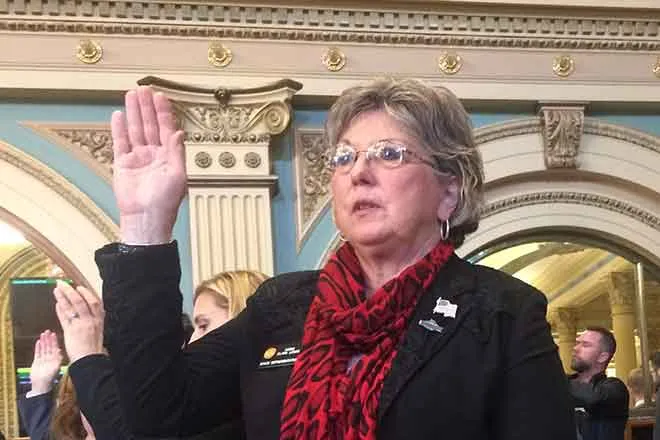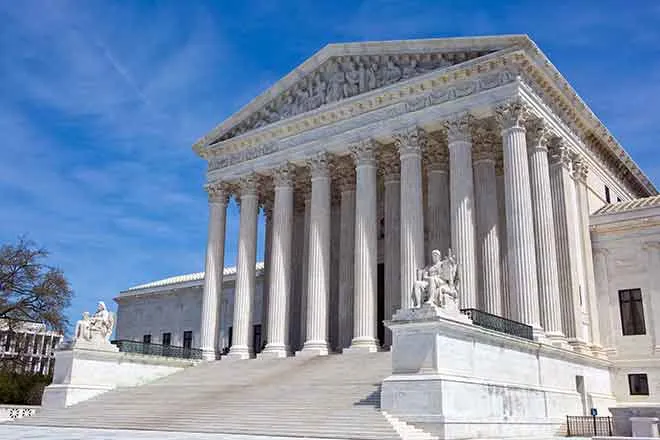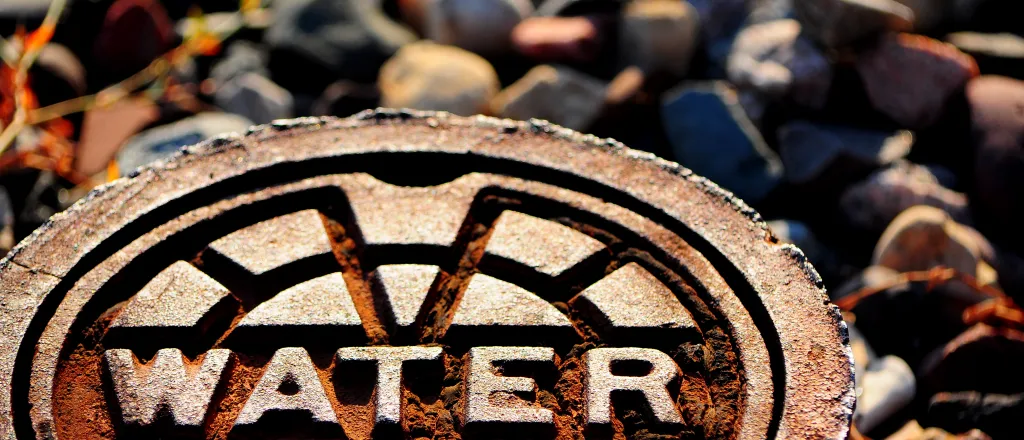
New Mexico representatives call on House to move forward on 6 tribal water rights settlements
© artzenter - iStock-509493427
New Mexico’s three congressional representatives urged leaders of both parties in the U.S. House of Representatives to act before the end of the year on six tribal water rights settlements that have stretched on in some cases for decades.
The settlements propose $3.7 billion in federal money to develop drinking water systems, restore habitats and traditional farming practices and establish collaborative management of the water, as tribes give up valuable older water rights across four New Mexico river basins.
“The settlements provide water infrastructure projects for Tribal communities in exchange for their agreement to forgo aspects of their priority water claims, which benefits non-Tribal communities dependent on scarce water resources during times of shortage,” Democratic Representatives Melanie Stansbury, Gabe Vasquez and Teresa Leger Fernández said in a letter dated Tuesday.
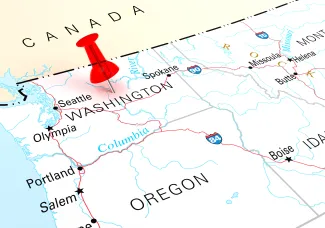
The deals, which have required years and sometimes decades of costly negotiations, would settle tribal rights for the rios San José, Jemez, Chama and the Zuni River. Additional bills would correct technical errors in previous settlements and add time and money to the Navajo-Gallup water project.
As part of the settlements, New Mexico agreed to pay between $190 million to $234 million in state funding for some of the local projects for neighboring acequias, water infrastructure for counties and cities.
But some advocates are worried New Mexico lawmakers aren’t preparing enough to pay in full in the upcoming session.
In 2024, the New Mexico Legislature allocated $20 million for the settlements, and the office of the state engineer is requesting another $40.5 million in the 2025 session.
If granted, the state would still be tens of millions of dollars short of the full amount, said Nina Carranco, with the nonprofit Water Foundation.
Tribes, Pueblos and Native American nations have some of the oldest priority rights in water administration, Carranco said, and understanding how much water is allocated allows for better decision-making.
“Tribal water settlements are a key component to addressing the water crisis in New Mexico,” she said. “These settlements not only honor the seniority of tribal water rights, but also provide certainty for other water users in the system.”
She said it was a possibility that one or more of the settlements could be ratified during the lame-duck period before January swearing in of a new Congress.
If all the measures pass, the state will need to eventually pay, Carranco said.
“We can keep waiting, but if we’re going to honor tribal water rights, if we’re going to actually get this money into our communities the way the state has negotiated for a long time with these partners, we’re going to need the $200 million,” she said in a press call Monday.
Source New Mexico is part of States Newsroom, a nonprofit news network supported by grants and a coalition of donors as a 501c(3) public charity. Source New Mexico maintains editorial independence. Contact Editor Shaun Griswold for questions: info@sourcenm.com. Follow Source New Mexico on Facebook and X.





